

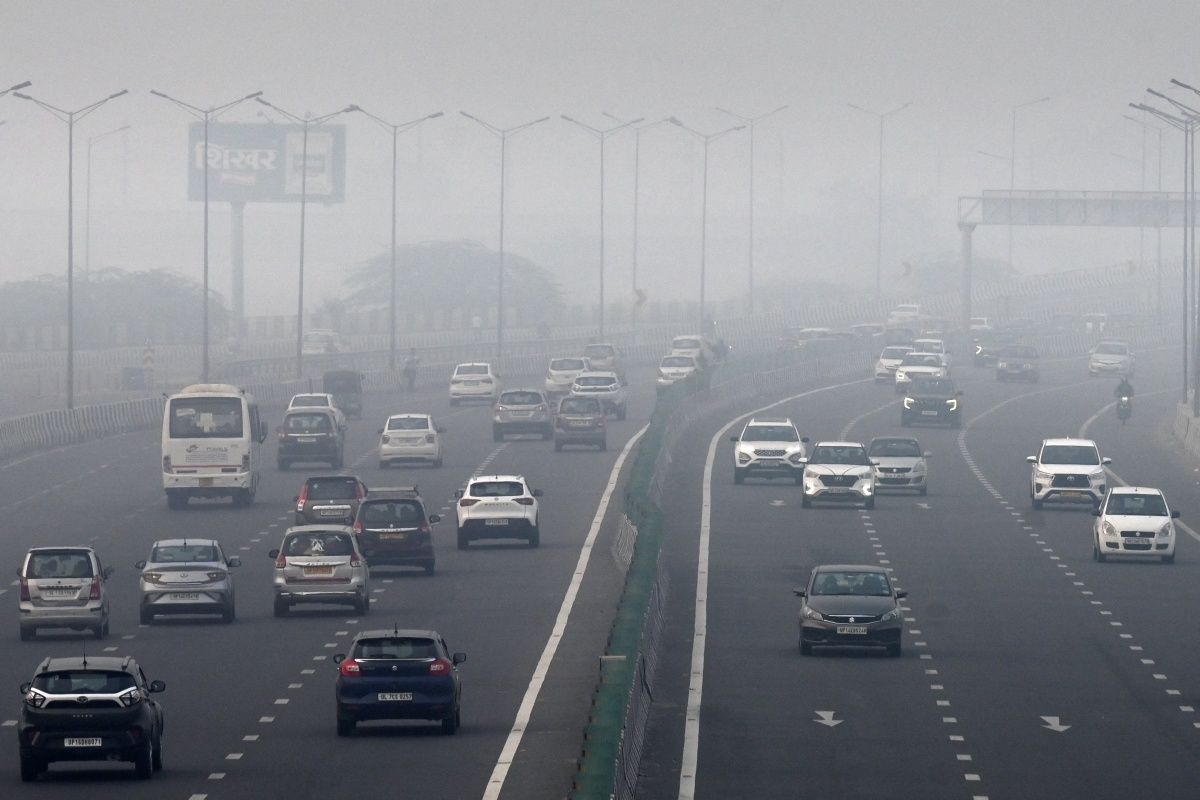
With the air quality in Delhi remaining in a 'severe' category for the past five days, the Centre's panel has decided to impose stage-4 restrictions under Graded Response Action Plan (GRAP) from Monday. These measures will include a discontinuation of physical classes for all students except for class 10 and 12, and implementing online classes until further notice. This decision comes after the air quality index (AQI) crossed the 450-mark, prompting the authorities to take stricter anti-pollution measures.
Delhi's Air Pollution: A Severe Concern
Delhi, the national capital of India, has been grappling with severe air pollution for the past few days. The air quality index (AQI) has crossed the 450-mark, prompting the authorities to impose stage-4 restrictions under the Graded Response Action Plan (GRAP).
Background
Air pollution in Delhi has been a persistent problem for many years. The city's air quality is poor due to a combination of factors, including:
The situation worsens during the winter months, when cooler temperatures trap pollutants near the ground.
Current Situation
The air quality in Delhi has been in the 'severe' category for the past five days. The AQI has remained above 450, which is considered hazardous. This means that breathing the air in Delhi is dangerous for everyone, especially for children, the elderly, and people with respiratory problems.
Government Measures
The government has taken several measures to combat air pollution in Delhi. These include:
FAQs
Q: What are the health effects of air pollution? A: Air pollution can cause a range of health problems, including respiratory problems, cardiovascular disease, and cancer.
Q: What can I do to protect myself from air pollution? A: You can protect yourself from air pollution by wearing a mask, staying indoors as much as possible, and avoiding strenuous activities outdoors.
Q: What are the long-term impacts of air pollution on Delhi? A: Air pollution can have serious long-term impacts on Delhi, including increased healthcare costs, decreased tourism, and reduced economic growth.
Q: What can be done to solve the problem of air pollution in Delhi? A: The problem of air pollution in Delhi will require a multi-pronged approach, including reducing vehicular emissions, improving public transportation, and promoting cleaner energy sources.
Q: How can I stay informed about air quality in Delhi? A: You can stay informed about air quality in Delhi by checking the AQI on the website of the Central Pollution Control Board (CPCB) or by downloading the CPCB's mobile app.
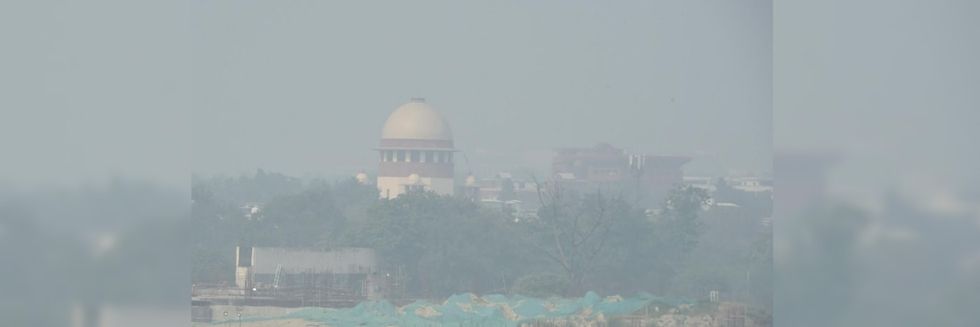
The Supreme Court is set to address the pressing issue of air pollution in Delhi as the city records an AQI of 481, placing it in the 'severe' category. The court is acting on a plea raised by Senior Advocate Aprajita Singh, who has emphasized the urgency of the situation. The government has implemented Stage IV of the Graded Response Action Plan, which includes restrictions on construction and demolition activities and possible implementation of Odd-Even restrictions.
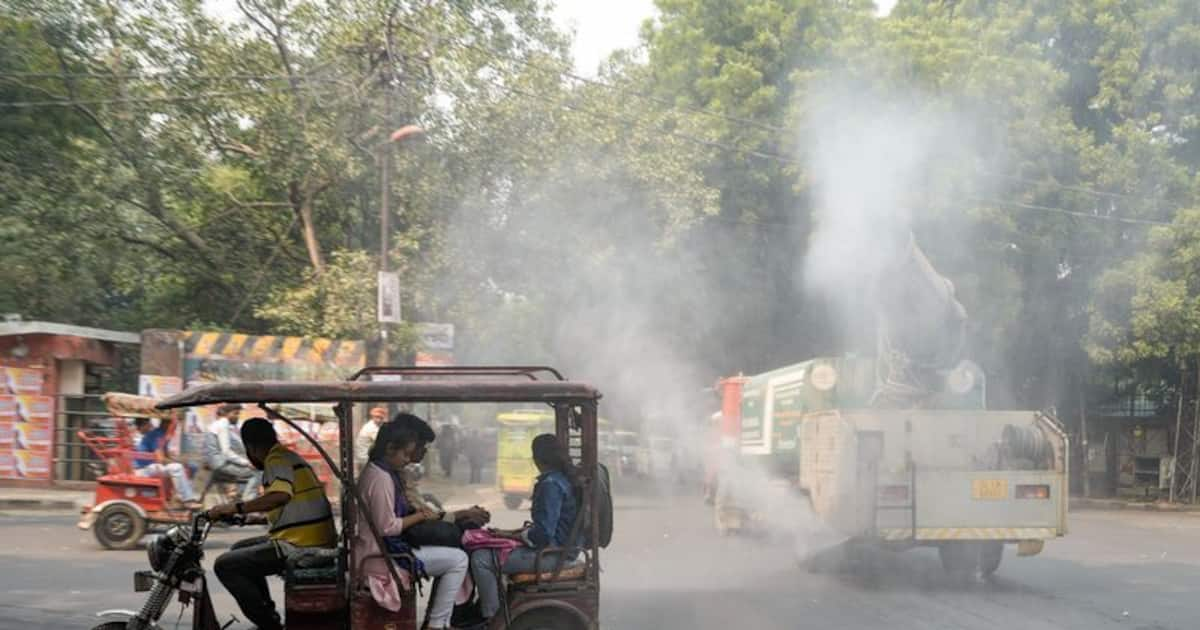
As the Delhi-NCR is engulfed in a thick layer of toxic smog, the CM of Delhi announced the discontinuation of physical classes for all students except Classes 10 and 12. The Commission for Air Quality Management (CAQM) has decided to implement an 8-point action plan under Stage-IV of the GRAP, including stricter restrictions on polluting vehicles and activities. The decision has been met with mixed reactions, with some applauding the move and others facing difficulties with the sudden shift to online education.
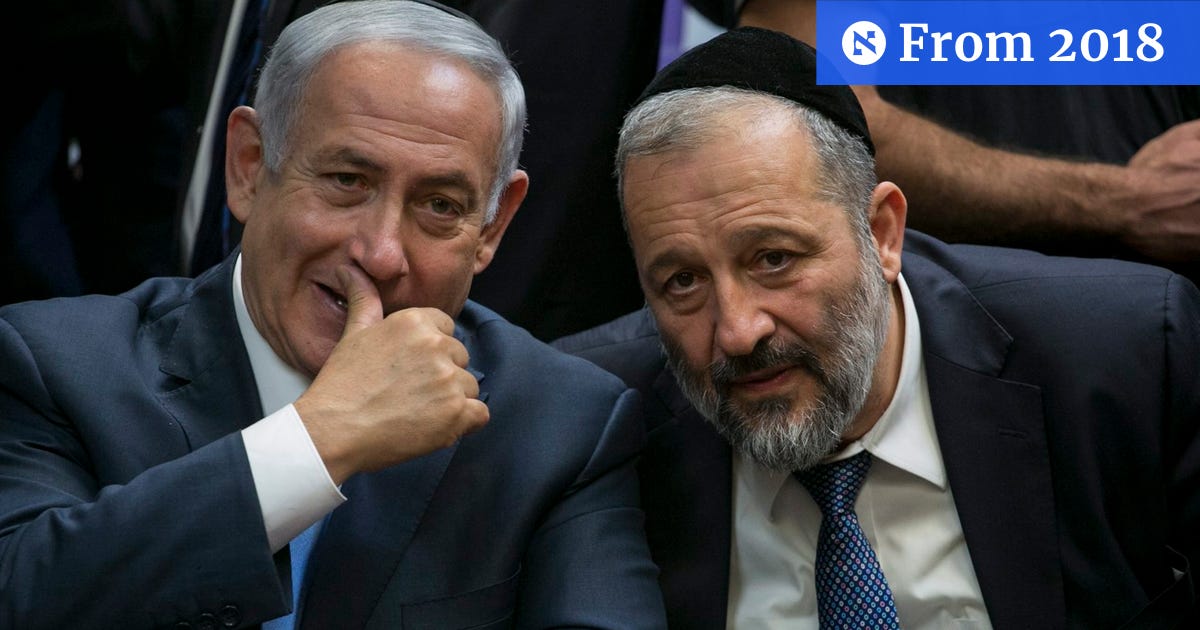
A new scandal has emerged involving Israeli Prime Minister Benjamin Netanyahu's office and its alleged orders to stop recording war cabinet meetings during Israel's offensive on Gaza in October 2023. This deviation from standard security protocols has prompted an investigation by Israel's Attorney General, with reports claiming that Netanyahu's office has collected sensitive footage of a senior military figure for unknown purposes. The controversy surrounding this incident highlights potential misuse of power by the Prime Minister's office and raises questions about the security of sensitive information in Israel's government.
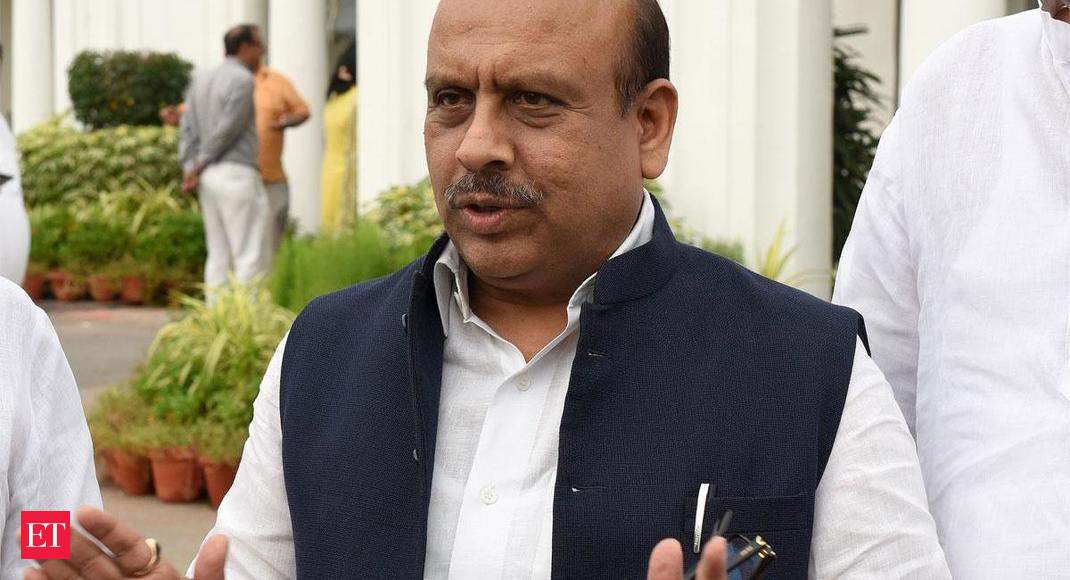
Senior AAP leader Kailash Gahlot resigned from the party, citing unfulfilled promises and controversies. His resignation was accepted by Delhi Chief Minister Atishi and comes as a major blow for the party ahead of next year's Assembly election. In response, Delhi BJP President Virendra Sachdeva launched a scathing attack on AAP, stating that Gahlot's allegations have validated the BJP's claims of the party's dishonesty and failure to deliver on key commitments. Sachdeva also questioned the handling of funds allocated for cleaning the Yamuna River, a key promise of the AAP government.
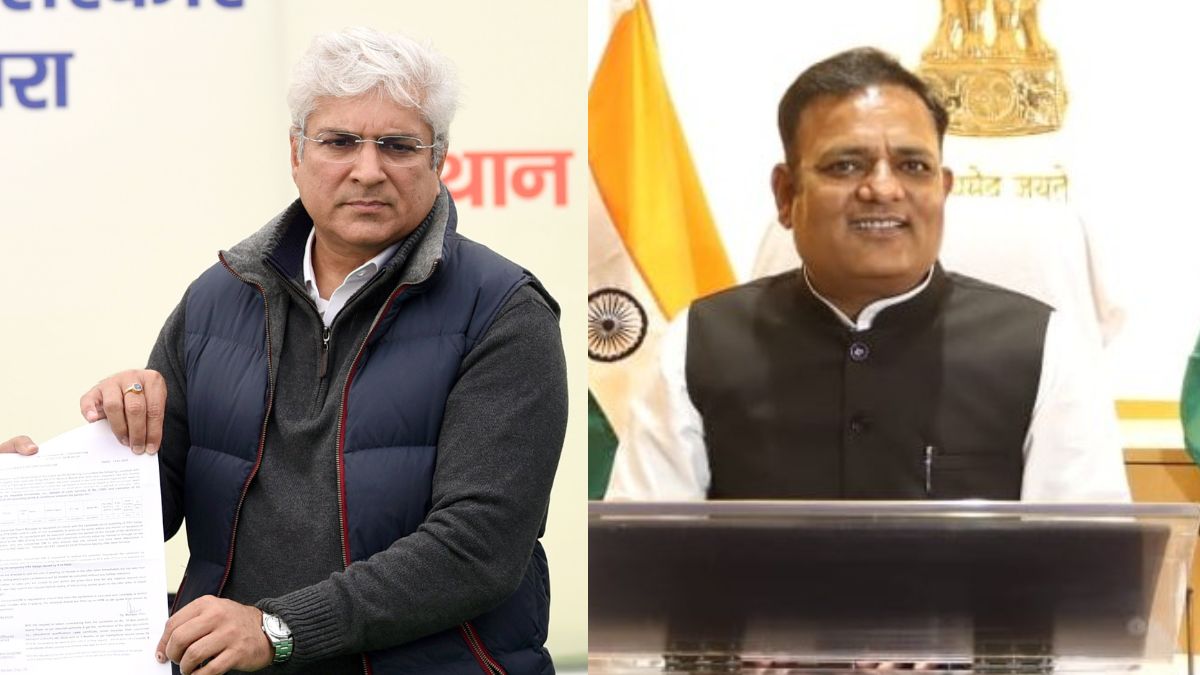
In a major setback for the Aam Aadmi Party (AAP), senior minister Kailash Gahlot has resigned from his position and is expected to join the rival Bharatiya Janata Party (BJP). The resignation comes just months before the Delhi Assembly polls and Gahlot has cited "grave challenges" within the party as the reason for his decision. He has also taken a dig at AAP convener Arvind Kejriwal, accusing the party of prioritizing political ambitions over fulfilling promises made to the people.

The political turmoil in Manipur continues as the National People's Party, the second-largest ally of the ruling BJP-led NDA state government, withdraws its support citing failure to restore normalcy. While the BJP still holds a comfortable majority in the Assembly, this pullout represents a setback for the administration and signals further erosion of support. Amidst this, the Opposition Congress has also ramped up pressure on the government, with some even offering to resign from their MLA positions for a new mandate. All eyes are now on Union Home Minister Amit Shah, who has cancelled political programmes in Maharashtra to monitor the security situation in Manipur and has instructed for steps to restore peace.
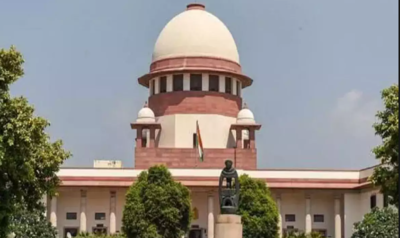
After a suo motu proceeding that began in 2019, the Punjab and Haryana High Court has dismissed contempt of court charges against 274 devotees of self-proclaimed spiritual leader Sant Rampal. The court stated that the followers have shown remorse and have complied with the order to pay fines for their actions during a 2014 standoff at the godman's ashram. The decision to close the case has been met with mixed reactions, with some praising the court's mercy while others criticize it for letting the accused off too easily.
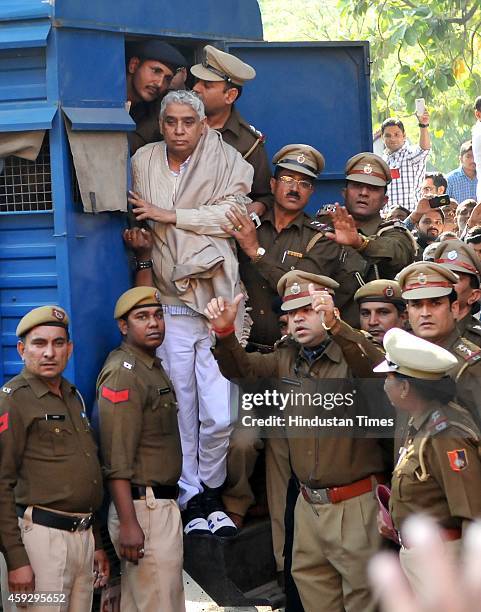
The Punjab and Haryana High Court has closed contempt of court proceedings against 274 followers of self-styled godman Sant Rampal, who were accused of sending a booklet criticizing a High Court judge in 2019. The Division Bench discharged the contemnors after they issued an unconditional apology. This case is possibly the largest number of persons ever charged for criminal contempt in a single matter, with 11 contemnors passing away during the pendency of the case.
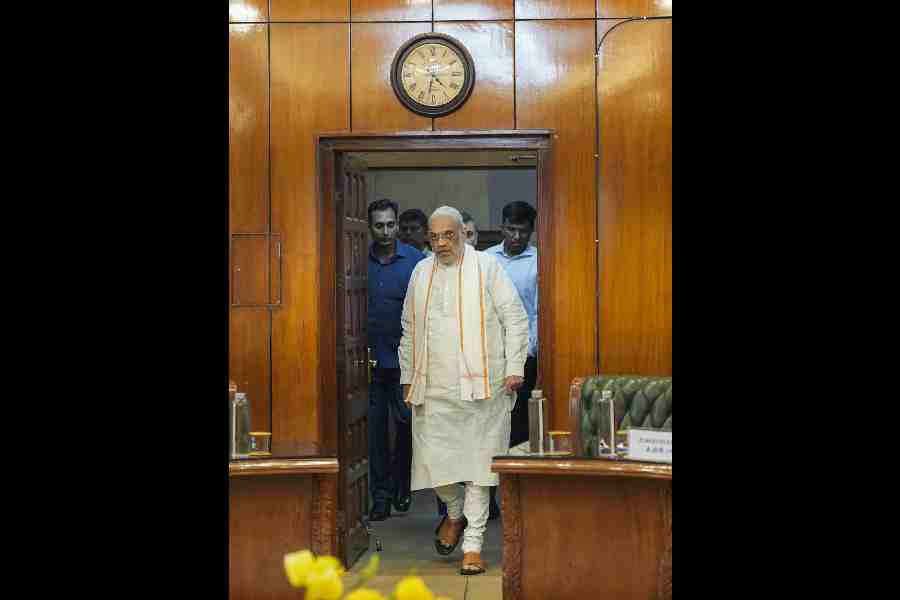
Union Home Minister Amit Shah held a meeting with top officials to review the security situation in Manipur and directed them to take all necessary measures to maintain peace in the state. The meeting was held soon after Shah's return from Maharashtra, where he cancelled his election rallies. The move comes amid the volatile situation in Manipur due to ongoing ethnic strife and protests over the recovery of bodies of women and children.